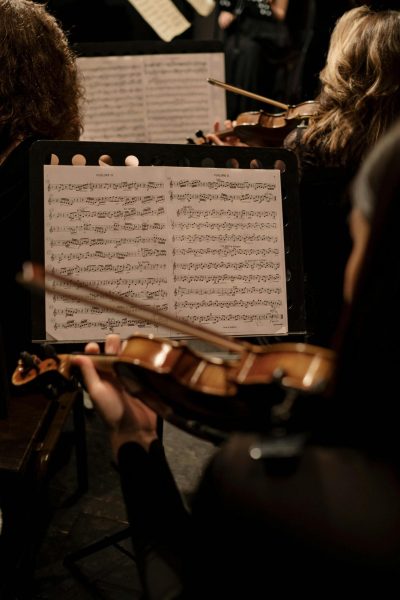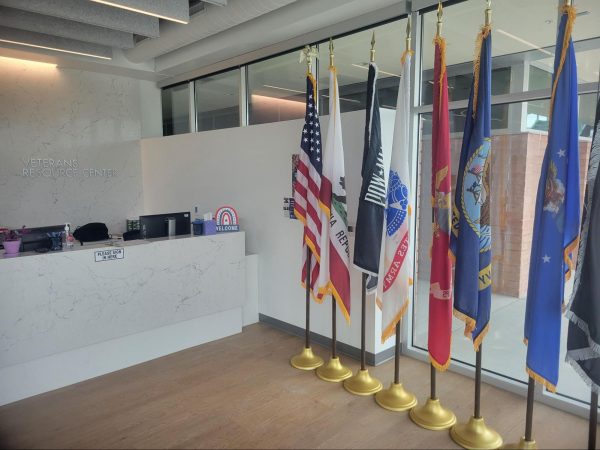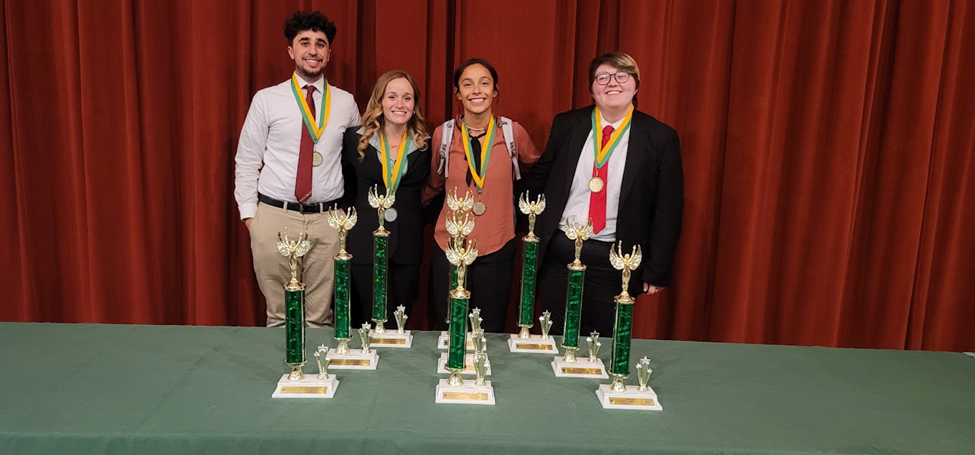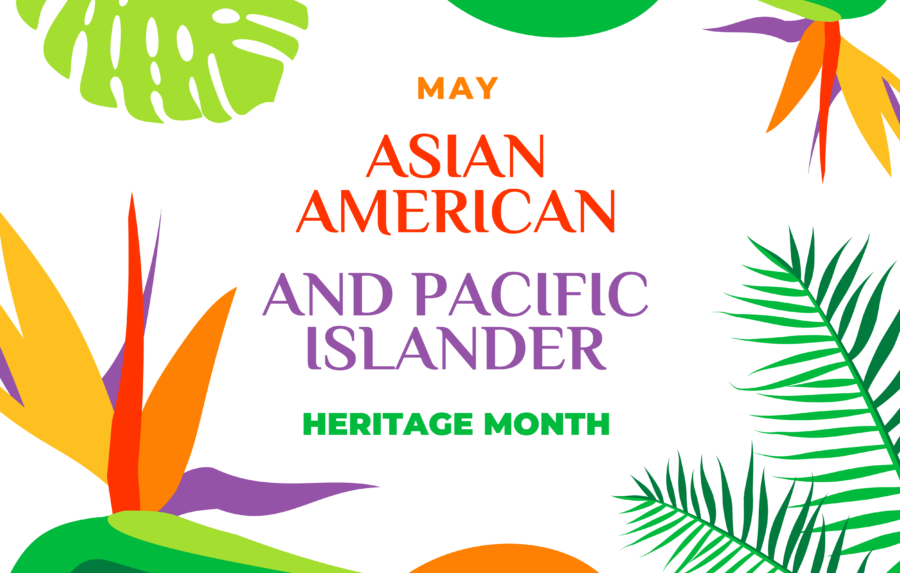
Story and photos by Russell Lindquist
GROSSMONT COLLEGE–The Muslim Students Association (MSA) hosted Islam Awareness Day (IAD) on campus, Wednesday, April 12. Attendance was sparse yet spirits were high, reflecting the principle of Margaret Mead’s maxim, “never doubt that a small group of thoughtful, committed people can change the world; indeed, it is the only thing that ever has.”
To be sure, the MSA is more than simply a small group of thoughtful, committed people, insofar as they are among the approximately 1.5 billion adherents of the centuries-old religion of Islam. Still, during IAD, they were but a few dozen followers of Islam, aimed chiefly – according to them – at making available knowledge about their faith, especially to non-Muslims so to correct that which they see as widespread misconceptions about their religion.
Among the conceptions addressed was that hijab (Arabic for “modest dress”) is required in its strictest form, to include, for example, the niqab (Arabic for “face cover”). This was roundly dismissed as inaccurate by both of the women pictured above, as well as the speaker at the event, Dr. Mohamed Tarabishi D.D.S.
The women said, “we choose to dress this way to show our devotion to God, and for no other reason.”
That women, in Islam, have no voice and are second-class-citizens was another popular perception of Islam that was dismissed as untrue by both Amino Hussein and Aisha Mohamed (pictured above, wearing hijab), as well as by Dr. Tarabishi, Mohammad Sabir Abbassi, his brother Roshan Zamir Abbassi, by the MSA President Dyari Qadr and by her sister, Lana, all of whom are Muslims and insisted that women are, in fact, in Islam, are highly respected. Several cited the same Qur’ainc verse wherein God is said to have answered, “…your mother…,” to the prophet Muhammad’s question as to whom he should hold in highest regard.
Islam Awareness Day was certainly not without political discourse. During a question-and-answer portion of the event, one attended – a self-described Jew – asked whether he was, as a Jew, considered by Muslims to be an enemy of Islam. Dr. Tarabishi said that, although Muslims believe in written prophecy that states that there will be a battle which will pit Muslims against Jews (and others), still, it was not the place of any Muslim to consider any Jew to be – by their Jewishness – an enemy, but rather that Jews are “people of the book,” and to be respected, by all Muslims, as such.
When asked about Iran’s institutionalized discrimination against members of the faith of Baha’i, Dr. Tarabishi first dismissed the matter as fringe behavior: “they are Shia.” He then added that he does not know why Shia do what they do.
Mojdeh Badiei, a Grossmont Student, Iranian-American, religious-political refugee and adherent to Baha’i explains one aspect of the atmosphere experienced by those of her faith while living in the Islamic Republic of Iran: “ we are asked, ‘are you Baha’i’?” She says that it is against the tenets of Baha’i to answer that question in the negative, and that, upon answering in the affirmative, the University officials, in accordance with the laws of the land, “will not let you go to University.”
When pressed as to whether the aforementioned discrimination against Baha’i adherents was at all based on Qur’anic principles, Dr. Tarabishi segued instead into explaining a general principle against the aforementioned adherents: that he would neither marry with one nor eat of the same meat as one. He then said that he would however marry with, and eat of the same meat as, Christians and Jews – People of the Book.
Dr. Tarabishi made clear the reason for the difference between the relationships that may exist between Muslims and other People of the Book as compared to that which he says is the proper relationship between Muslims and people of the Baha’i faith: “We in Islam believe that Jesus was a prophet and that Moses was a prophet, and we believe that the Prophet Muhammad – peace be upon him – was the last prophet of God. But believe that there was a prophet still after Muhammad – peace be upon him – but theirs is a false prophet because no prophet can come after Muhammed – peace be upon him.”
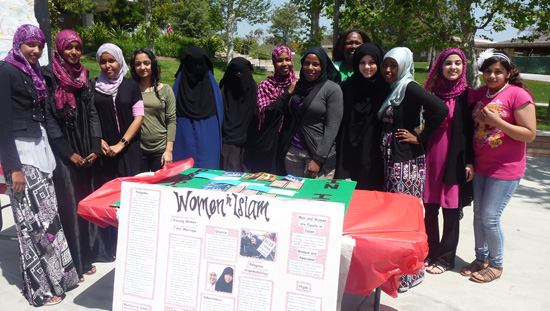
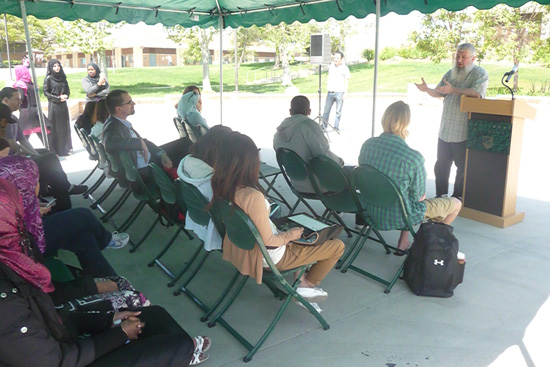




*
Lindquist is Managing Editor of the GC Summit; email him at [email protected]










